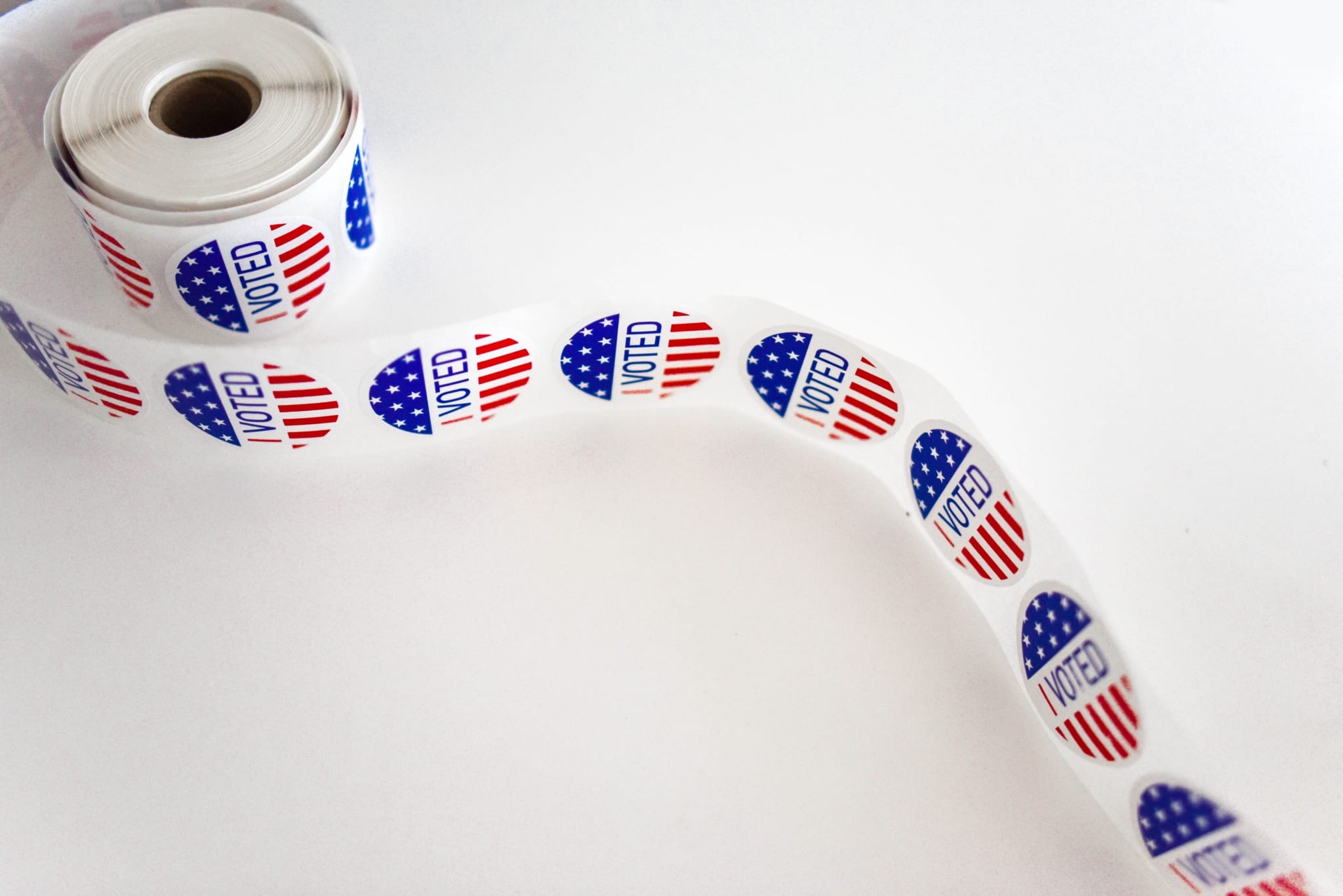The National Disability Rights Network (NDRN) believes that action to protect the security of our votes is necessary to ensure the health of our electoral system. However, the need to create accurate and secure elections can and should be balanced with protecting access to the vote for all eligible Americans.
Paper ballot-based voting systems have become a preferred solution to election security. However, it should be noted that direct-recording electronic (DRE) voting systems provide the best option for voting privately and independently, as guaranteed to all voters by the Help America Vote Act (HAVA). Refining the verification and security capability of these systems going forward should not be ruled out.
Ballot marking devices (BMDs) increase the accessibility of paper-based voting. However, no paper ballot system, currently ready for widespread use, is fully accessible. While strides have been made in marking a ballot privately and independently, BMDs must be able to ensure that the ballot can be cast without paper handling. Further, all voters must be able to verify their vote selections privately and independently. Currently, this requires barcodes, which can be scanned to read vote selections through headphones for those who cannot visually verify. While optical character recognition (OCR) technology could audibly verify human readable text on the ballot, it is costlier and not market ready. BMDs are a promising option for paper-based security solutions, but research and development is needed to improve their verifiability and accessibility.
Voting systems that prominently feature hand marked paper ballots require an electorate capable of independently marking and verifying their selections without use of an electronic interface. It cannot be overstated that the ability to privately and independently hand mark a paper ballot is simply not, and will never be, an option for all voters. A return to hand marked paper ballots will inevitably, inexcusably disenfranchise voters and violate their rights under HAVA and the Americans with Disabilities Act (ADA). Further, voting systems that allow non-disabled voters to hand mark their ballots while providing a limited number of BMDs for use by voters with accessibility needs create segregated systems of voting that are also inexcusable and violate the rights of voters with disabilities. Separate is not equal.
Election security is crucial to the health of our democracy and must not be taken lightly. Likewise, a private and independent vote is the law of the land, and an electoral system that knowingly denies the vote to any of its eligible voters to appease others is simply not a democracy. NDRN firmly believes that all Americans, including people with disabilities, want secure, accurate, and fair elections, but not at the expense of the right to an independent and private vote for people with disabilities.
# # #
The National Disability Rights Network (NDRN) is the nonprofit membership organization for the federally mandated Protection and Advocacy (P&A) Systems and the Client Assistance Programs (CAP) for individuals with disabilities. Collectively, the Network is the largest provider of legally based advocacy services to people with disabilities in the United States.

